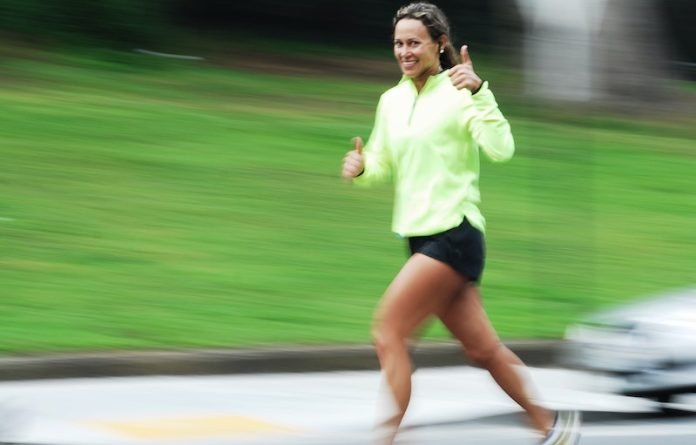
The link between regular physical activity and COVID-19 severity is poorly understood.
But in a recent study, scientists found regular physical activity is linked to a lower risk of COVID-19 infection and severity, including hospital admission and death.
They suggest a weekly tally of 150 minutes of moderate-intensity or 75 minutes of vigorous-intensity, physical activity seems to afford the best protection.
Previous research suggests that physical activity can lessen both the risk of infection and the severity of respiratory infections due, at least in part, to its ability to bolster the immune system.
In the study, the team analyzed data from 3 major databases for relevant studies published between November 2019 and March 2022.
The studies included a total of 1,853,610 adults, just over half of whom (54%) were women. The average age of participants was 53.
The team showed that, overall, those who included regular physical activity in their weekly routine had an 11% lower risk of infection with SARS-CoV-2, the virus responsible for COVID-19.
They also had a 36% lower risk of hospital admission, a 44% lower risk of severe COVID-19 illness, and a 43% lower risk of death from COVID-19 than their physically inactive peers.
The maximum protective effect occurred at around 500 Metabolic Equivalent of Task (MET) minutes a week, after which there were no further improvements.
METS express the amount of energy (calories) expended per minute of physical activity, and 500 of them are the equivalent of 150 minutes of moderate intensity, or 75 minutes of vigorous-intensity, physical activity.
The researchers say there are plausible biological explanations for what they found.
Regular moderate-intensity exercise may help to boost the body’s anti-inflammatory responses, as well as cardiorespiratory and muscular fitness, all of which may explain its beneficial effects on COVID-19 severity.
These findings highlight the protective effects of engaging in sufficient physical activity as a public health strategy, with potential benefits to reduce the risk of severe COVID-19.
If you care about COVID, please read studies about how vitamin B may help fight COVID-19, and new therapy from bananas may help treat COVID-19.
For more information about COVID, please see recent studies about new evidence on rare blood clots after COVID-19 vaccination, and results showing scientists find inexpensive, readily available drugs that may treat COVID-19.
The study was published in the British Journal of Sports Medicine.
Copyright © 2022 Knowridge Science Report. All rights reserved.


